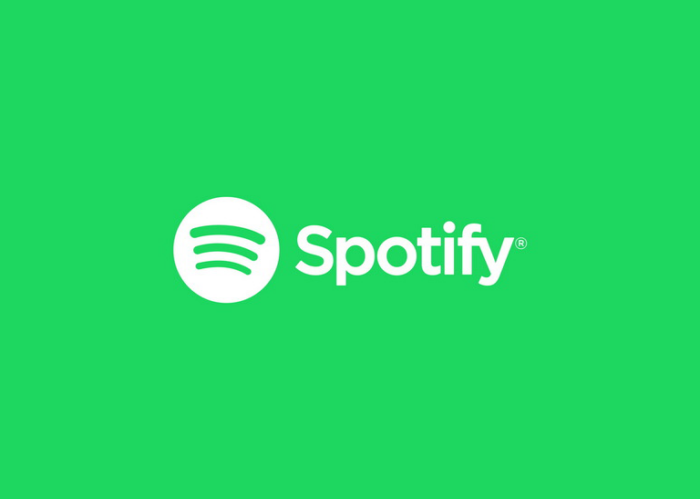Logo via Spotify
Last month, Spotify announced a new set of subscription price hikes across its platform. Following the service’s first-ever markup in July of 2023, this follow-up raised U.S., U.K., and Australian monthly rates for individual subscribers by $1 and duo and family rates by $2 to cover the cost of audiobooks, a service introduced to the platform last year which premium members can access at no additional cost. In this move, the streaming giant also unveiled a new basic tier, which excludes access to audiobooks for the former premium rate. Today, a dispatch from Billboard music publishing reporter Kristin Robinson identifies a pernicious nuance to Spotify’s revised subscription tiers, enabling the service to dramatically slash its songwriter payouts.
Rather than boosting mechanical royalty rates in line with subscription prices, Spotify is using the added audiobook feature in its existing premium tier to stake a claim to a new “bundle” disbursement rate. By dividing the new premium rate by the combined value of standalone audiobook ($9.99) and premium bundle ($10.99) subscriptions, the service values music at only 52% of the total bundle value, or $5.70 per subscriber. By Robinson’s estimation, this sweeping cut will result in a staggering $150 million loss in royalty value for songwriters and publishers in the first 12 months, compared to projected earnings if the bundle had not been introduced.
The bundle royalty rate currently only applies in the U.S., but may well trigger similar shifts in other major markets like Australia, Canada, and the U.K., all of which have adopted the same precursor subscription price hike. The National Music Publishers Association is reportedly exploring options to combat this change. “It appears Spotify has returned to attacking the very songwriters who make its business possible,” NMPA President and CEO David Israelite offered upon the initial announcement of the revised subscription tiers. “Spotify’s attempt to radically reduce songwriter payments by reclassifying their music service as an audiobook bundle is a cynical, and potentially unlawful, move that ends our period of relative peace. We will not stand for their perversion of the settlement we agreed upon in 2022.”
A spokesperson for Spotify adds, “Spotify is on track to pay publishers and societies more in 2024 than in 2023. As our industry partners are aware, changes in our product portfolio mean that we are paying out in different ways based on terms agreed to by both streaming services and publishers. Multiple DSPs have long paid a lower rate for bundles versus a stand-alone music subscription, and our approach is consistent.”
Spotify’s new royalty model arrives in the wake of backlash in October 2023, when the service introduced a 1,000-stream threshold to make music eligible to collect compensation, excluding roughly 40% of music on the app from monetization in an effort to curtail fraud and “non-music” uploads. In lighter news, the service recently teased a possible remix function, allowing users to speed up, mash-up and otherwise edit their favorite tracks and ensuring that rights applications and streaming proceeds are accurately directed to the original artists. Plus, Neil Young and Joni Mitchell are back on the platform at long last.



No Comments comments associated with this post